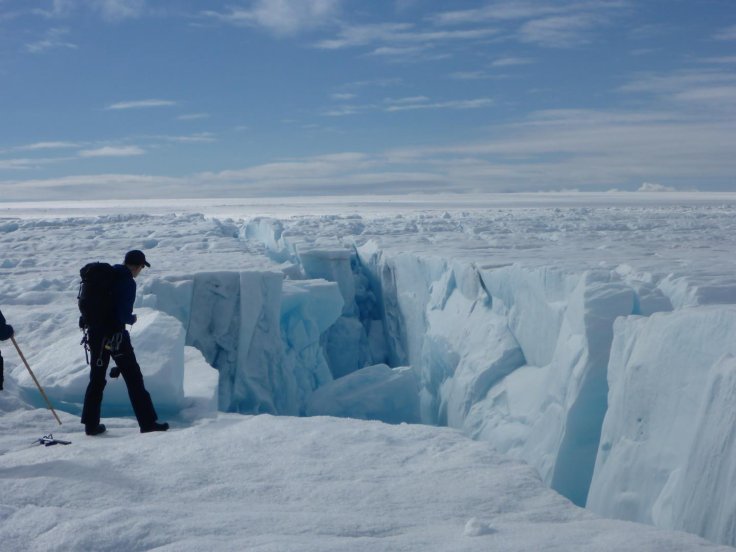As issues related to climate change continue to bother weather experts and environmentalists, a new study report has suggested that the Greenland ice sheet is melting seven times faster than it did in the 1900s. Experts believe that the melting of ice sheets at this rate could see 400 million people getting exposed to coastal flooding by 2100.
Dangerous floods await humanity
The research conducted by 96 polar scientists from 50 international organizations, combined 26 separate surveys compute changes in the mass of Greenland's ice sheet between 1992 and 2018. Scientists also used 11 different data obtained by satellites and it includes measurements of Greenland ice sheet's changing volume, flow, and gravity.

In their research report published in the journal Nature, scientists revealed that Greenland has lost 3.8 trillion tonnes of ice since 1992. Researchers believe that this ice sheet loss is capable enough to push global sea levels up by 10.6 millimeters. In the last decade alone, Greenland has lost 254 billion tonnes of ice per year.
"As a rule of thumb, for every centimeter rise in global sea level another six million people are exposed to coastal flooding around the planet. On current trends, Greenland ice melting will cause 100 million people to be flooded each year by the end of the century, so 400 million in total due to all sea-level rise. These are not unlikely events or small impacts; they are happening and will be devastating for coastal communities," said professor Andrew Shepherd, who works at the University of Leeds in a recent statement.
Dr Erik Ivins at NASA's Jet Propulsion Laboratory in California revealed that this new finding is an example that substantiates the vitality of international collaboration to tackle problems that are global in scale.
Thwaites glacier on the verge of melting
A few months back, another study had found that Thwaites, one of the largest glaciers in Antarctica is on the verge of melting, and it could cause a deadly 20-inch global sea-level rise.
This study funded by NASA revealed that this melting could be completed within the next 150 years. Researchers revealed that most of the glaciers usually become unstable when warm seawater reaches land which slopes downwards.









